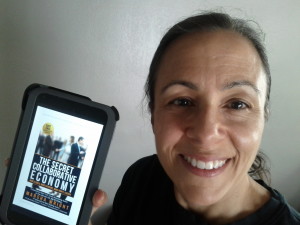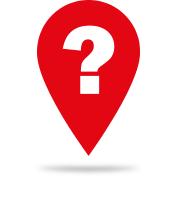When you run a one-person, solopreneur business, there’s a lot to do. Even if you have outsourced help, there’s still a lot to manage so prioritizing is key. 
One thing that makes it hard is that there are just so many choices in how to gain clients and grow your business. In both the online and offline worlds, there is more that you could do than you could ever actually do. So, how to you decide? Where is the first place to go or what is the first strategy you should implement to start getting clients?
One simple answer is the most likely place. Don’t go with the most fun, the most popular, or even necessarily what the experts are saying – instead, go with the one client-winning strategy that is most likely to work. I’ll give you an example of a mistake I made. Once I had my business up and running for about a year, I did what “everyone” said to do – I joined a local chamber of commerce. I thought it would give me authority and credibility, and that the contacts I would make would turn into mutually beneficial relationships. Boy was that a bomb for me! It turns out, “my” type of people usually don’t hang out at chambers of commerce. They are great for certain types of business, and I saw lots of people thriving there, but I met almost no referral partners, potential collaborators or potential clients. Solopreneurs just usually don’t join the chamber in my area. I later became friends with a few other solopreneur business owners who had the same impression of our local chambers. To be completely fair, I did really enjoy going to this local chamber and others as well and I did meet a few really great people who I’m still in touch with today.
Now had I had this idea of working from most likely to least likely ways to get clients before I joined the chamber, I would have taken a look at the roster and seen who was a member and that very few of them were a match for the type of people I wanted to meet. It’s easy to see things in hindsight, but I did have to learn it at the time.
Now that I know a little better what do I do? I go to groups that draw the people I want to meet. I look for groups of creative, solo business owners and people looking to start home-based businesses. I use Meetup.com a lot, and I’m on a lot of local mailing lists.
So, what client getting activities are you working on that aren’t the most likely to bring you success? What can you stop doing so you can make room for something more likely to bring you new clients?







